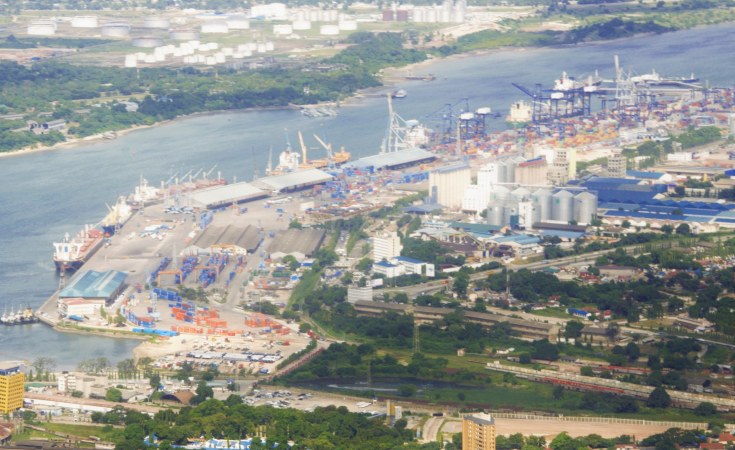Dar es Salaam — TANZANIA's economic reform programme is broadly on track, a statement released by the International Monetary Fund (IMF) on Monday said.
The statement comes as the IMF Executive Board recently completed the second review under the Extended Credit Facility (ECF) arrangement for Tanzania, in which it approved 150.5 million US dollars (376bn/-) for the budget support.
"The authorities' structural reform agenda is progressing well, with all end-June 2023 structural benchmarks completed on time, reflecting their commitment to the reform agenda" read the statement, adding, "most ends quantitative performance criteria and indicative targets were met by June."
According to the IMF, inflation has moderated and is within the Bank of Tanzania's target from 4.9 per cent year on year in January to 3.2 per cent in October, well below the BoT's 5 per cent target reflecting the government' policy response, temporary fuel and fertiliser subsidies and subsiding commodity prices.
On Tuesday, the BoT also released a statement hinting that in both Mainland Tanzania and Zanzibar, inflation is expected to remain stable and consistent with the medium-term target of 5 per cent.
The Monetary Policy Committee (MPC) statement released yesterday showed that the country's economic growth as a whole, according to BoT, the growth in the first and second quarters of this year 5.4 per cent and 5.2 per cent, respectively, bolstered by the diversified nature of economic activities with the growth outturn for the entire year expected to be above the projection of 5 per cent.
The MPC also discussed the global economic outlook and noted that the situation has been relatively weak for most of the year, largely due to geo-political tensions, tightened financial conditions, and high energy prices.
"The condition might improve in 2024, conditional on the fading of geo-political conflicts, decline in energy prices in the world market, and easing of monetary policy tightening in advanced economies," the MPC statement showed.
However, the IMF noted that an unfavourable global economic environment including the impact of the war in Ukraine and domestic factors continues to weigh on the country's economic recovery.
"The fiscal deficit was wider than expected in 2022/2023, largely reflecting shortfalls in revenue collections, but the authorities are committed to implementing the fiscal consolidation envisaged in the 2023/2024 budget," read the IMF statement.
According to the IMF the country responds to global economic shocks by short-term policy priorities including exchange rate flexibility combined with tightening of local currency liquidity and fiscal consolidation, while preserving priority social spending.
IMF's Deputy Managing Director and Acting Chair, Mr Bo Li, said the ECF-supported programme focuses on strengthening the economic recovery, preserving macroeconomic stability, and supporting sustainable and inclusive growth.
Mr Li, who leads the IMF discussion team, said efforts to enhance domestic revenue mobilisation and improve spending efficiency are important to create fiscal space, finance priority investment and social spending, and safeguard debt sustainability.
He said further closing gaps in the country's human and social development will require prioritising social spending during budget planning and execution.
"Strengthening public financial management and oversight of state-owned enterprises will help contain fiscal risks," Mr Li said.
Moreover, he said a coordinated macroeconomic policy response is necessary to address pressures in the foreign exchange calling for a more comprehensive policy response that includes exchange rate flexibility, fiscal consolidation and continued tightening of local currency liquidity.
The ECF arrangement focuses on safeguarding macroeconomic stability in the face of global economic shocks and supporting reforms towards sustainable and inclusive growth, drawing on the government's reform priorities summarised in the government's third five-year Development Plan.


